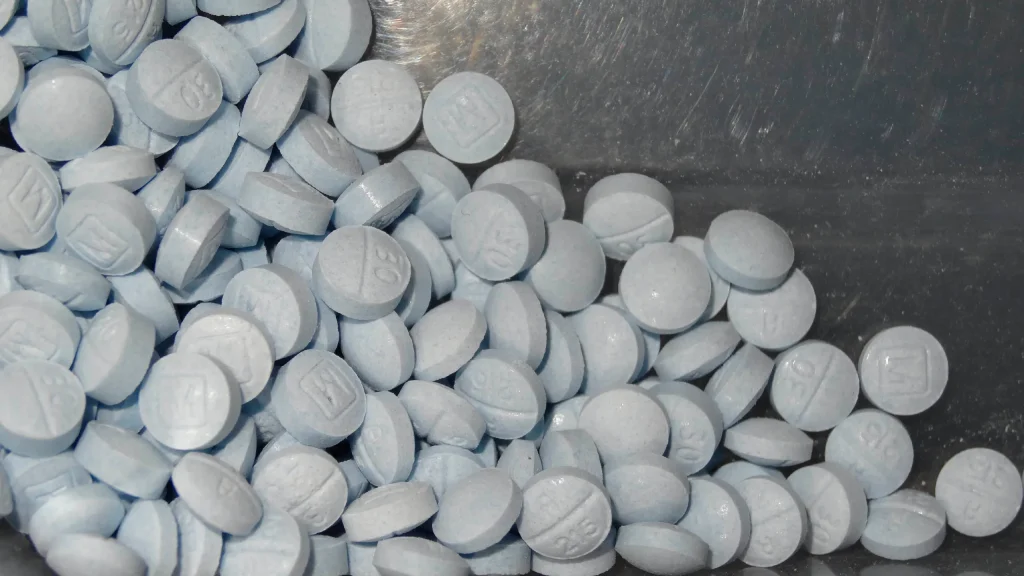Colorado will soon turn to analyzing wastewater to find clues about the rise in fentanyl seizures and overdoses in the state.
The Denver Department of Health and Environment has teamed up with Biobot Analytics in a program to test wastewater for high-risk substances, including fentanyl. The program is being supported by Opioid Abatement Settlement Funding.
Colorado’s law enforcement agencies have been uncovering an alarming amount of fentanyl in recent times. In 2023, the Rocky Mountain DEA seized over twice the quantity of fentanyl compared to the previous year. Moreover, this year’s fentanyl seizures are expected to surpass the previous record.
The Mile High City has been witnessing a surge in fatal overdoses, which has been linked to the use of fentanyl, a potent synthetic opioid.
Metro Water Recovery’s Robert W. Hite Treatment Facility will have its wastewater samples tested to gain insights into public health throughout the city. The results of the tests will aid in targeted interventions, resource allocation, and the development of evidence-based strategies for prevention and harm reduction, according to DDPHE.
The Denver Department of Public Health and Environment (DDPHE) has revealed that the testing conducted on the city’s sewer shed will not only identify fentanyl and other substances, but it will also provide insights into the extent of consumption of such substances within the population.
Karin McGowan, the executive director of DDPHE, stated that their commitment to finding innovative solutions for complex public health challenges is unwavering. She further added that this partnership will enable them to capture and analyze data that has the potential to drive positive outcomes in their fight against the opioid epidemic in Denver.
According to DDPHE, utilizing a data-driven approach will play a crucial role in bolstering Denver’s overdose prevention efforts. By detecting the presence of fentanyl and related substances, as well as any adulterations, the city will be better equipped to anticipate spikes in use within the community.
